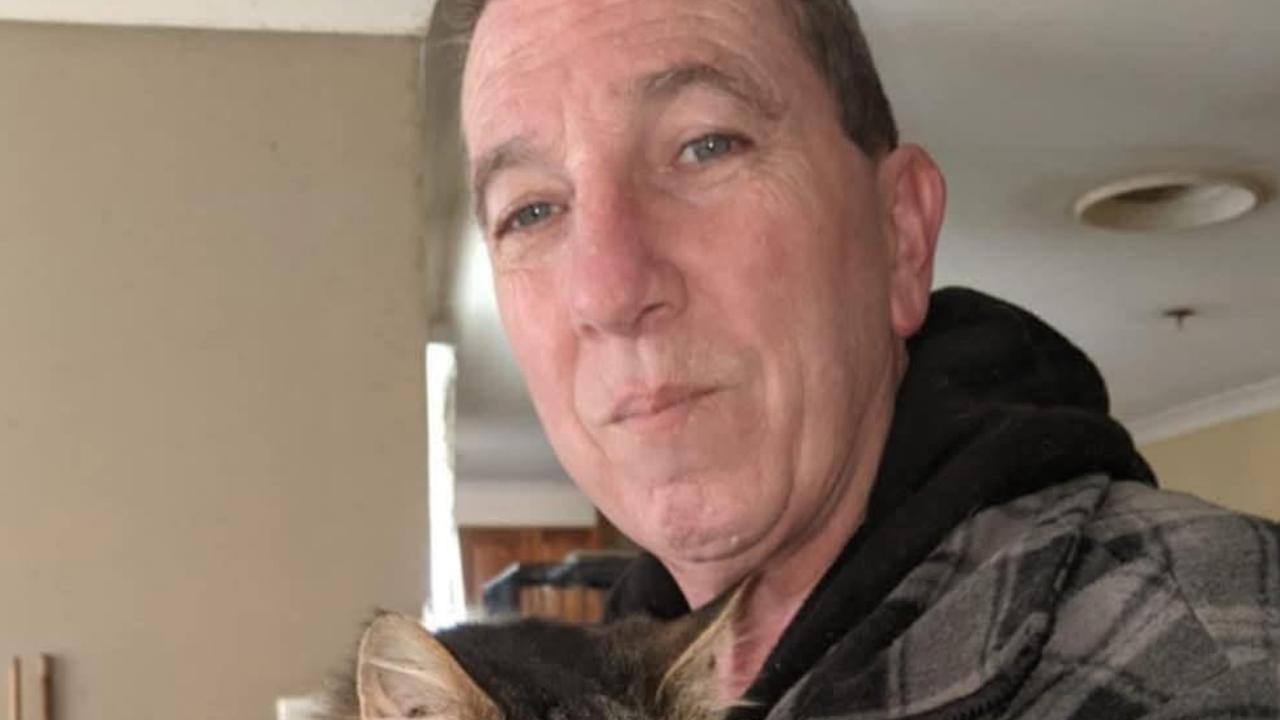Liverpool Mayor Ned Mannoun demands Sydney Water compensate residents affected by mosquito plague
An enraged mayor has demanded Sydney Water compensate residents affected by a mosquito explosion, saying his community “suffered” because of the state-owned corporation.

Liverpool
Don't miss out on the headlines from Liverpool. Followed categories will be added to My News.
An enraged mayor has demanded Sydney Water compensate residents affected by a recent mosquito explosion, saying the state-owned corporation “should be condemned” over the swarms.
Liverpool Mayor Ned Mannoun told Wednesday’s local council meeting the mosquito plague had “severely impacted residents” following an outbreak of larvae at a Sydney Water recycling plant in Warwick Farm.
“We have never seen anything like this before … this mosquito plague has caused significant disruption to our residents’ daily lives,” he said.
“Sydney Water and the state government have responded to the emergency.
“However, this is little comfort to residents who have been inconvenienced.”
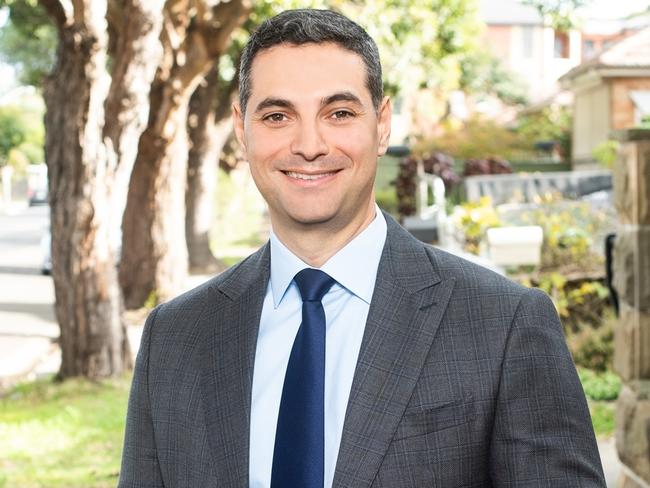
Mr Mannoun called for Sydney Water to compensate all residents affected by the mosquitoes, and requested a detailed report from the state government on “how this happened and how it will be prevented in the future”.
“The compensation should be monetary as people are spending hundreds and hundreds of dollars on mosquito repellent when they shouldn’t have,” he later told this masthead.
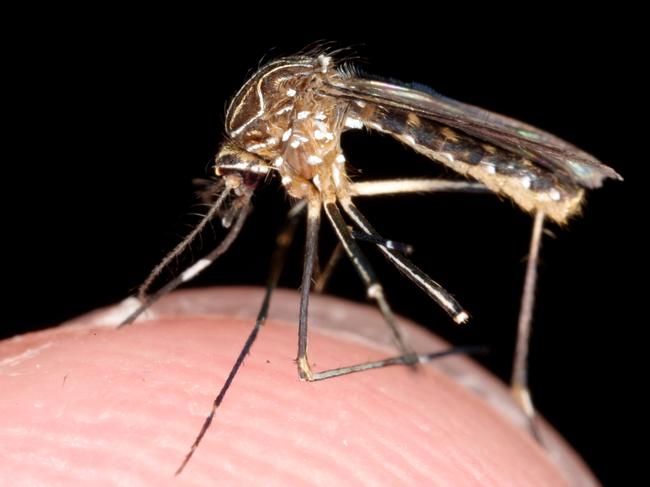
“It’s been a massive inconvenience and as a gesture of good will Sydney Water should allow people to recoup their costs.”
A Sydney Water spokesman said the corporation would “support customers living close to the Liverpool Water Resource Recovery Centre”, but did not specify how.
During the meeting, Labor councillor Ethan Monaghan said the state government and Sydney Water should be commended on the “swift and immediate action” they had taken, after testing revealed larvae density had reduced by 98 per cent as of Wednesday last week.
However, Mr Mannoun argued if Sydney Water – which owns the 20-acre site where the mosquito outbreak originated – had been inspecting the site for vegetation, “this never would have happened”.
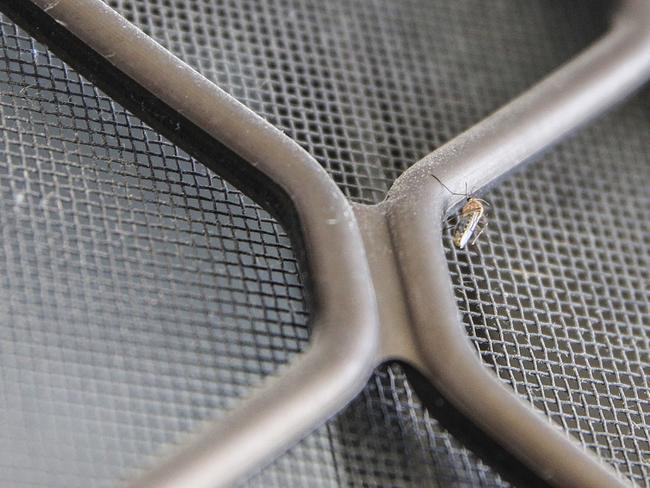
“(Sydney Water) have caused this problem” Mr Mannoun said.
“It’s black and white … they should be condemned for allowing this to happen.
“While yes, there’s been a great operational work relationship with the staff and Sydney Water to deal with it, that does not negate the fact that our community has suffered because of Sydney Water.”
Sydney Water has been contacted about whether it will consider financially compensating affected residents.
Minister for Water Rose Jackson said the state government took the matter “extremely seriously” and acknowledged “the community’s frustration”.
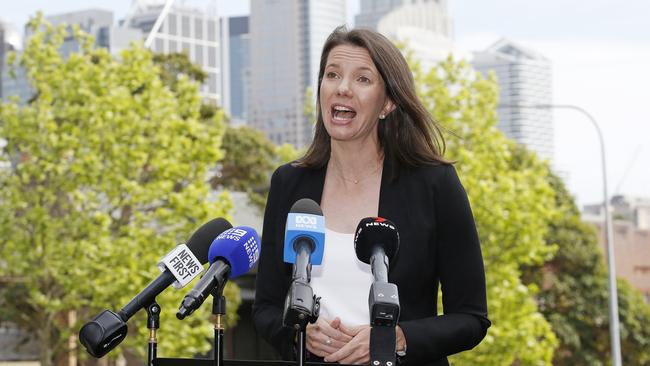
“We are committed to taking the necessary steps to ensure this does not happen again and will request updated briefings from all relevant departments and agencies,” Ms Jackson said.
“We agree that it is crucial to thoroughly understand all the factors that led to this situation, including Liverpool Council’s inconsistent approach to mosquito management, including decreasing or cutting the budget for it completely over consecutive years.”
This masthead previously revealed Liverpool Council had removed budget allocations for its mosquito management plan in 2020-21 and 2021-22.
In an agenda prepared for Wednesday’s meeting, the council’s operations directorate said the “financial section” had believed an initial $30,000 in funding was “only a one-year allocation”.
When a specific budget for the plan was restored in 2022-23, funding was nearly halved to $18,000 before rising slightly to $20,000 last financial year.
The origin of the recent outbreak, which left residents and businesses at their wits’ end and stripped supermarket shelves of bug spray products, was discovered last month when a Liverpool Council officer and mosquito expert Cameron Webb conducted an inspection.
They found the Sydney Water Liverpool recycling plant was the “primary source” of the outbreak in the Chipping Norton area.
The settlement ponds in the plant had been completely covered by a weed called frogbit, which provided ideal conditions for mosquitoes to breed, and an “exceptional number” of larvae had been discovered.



